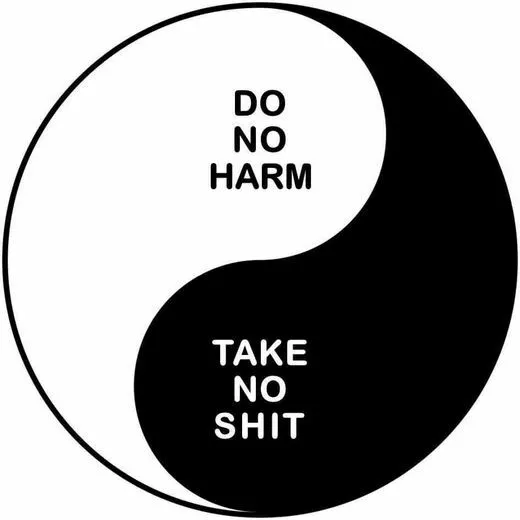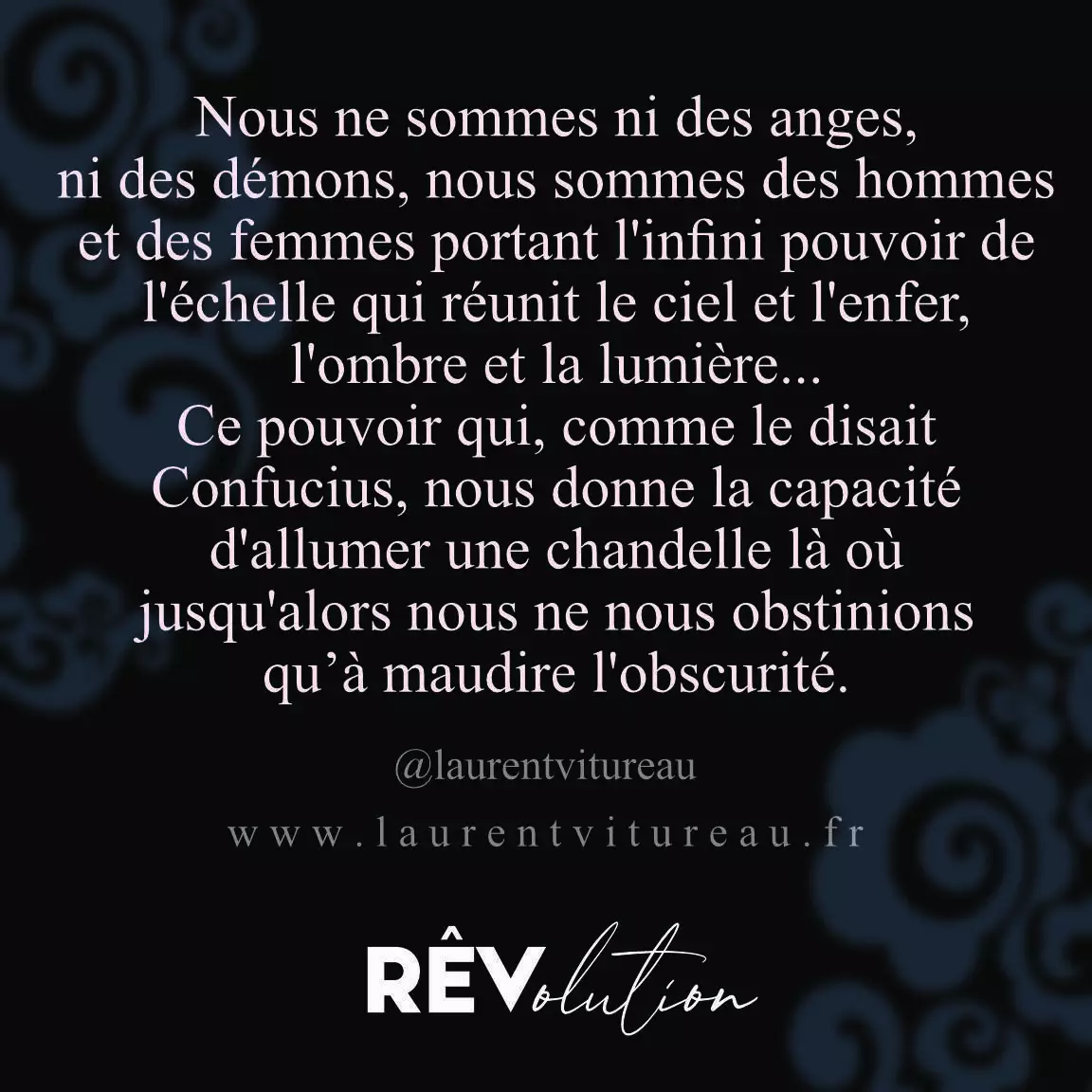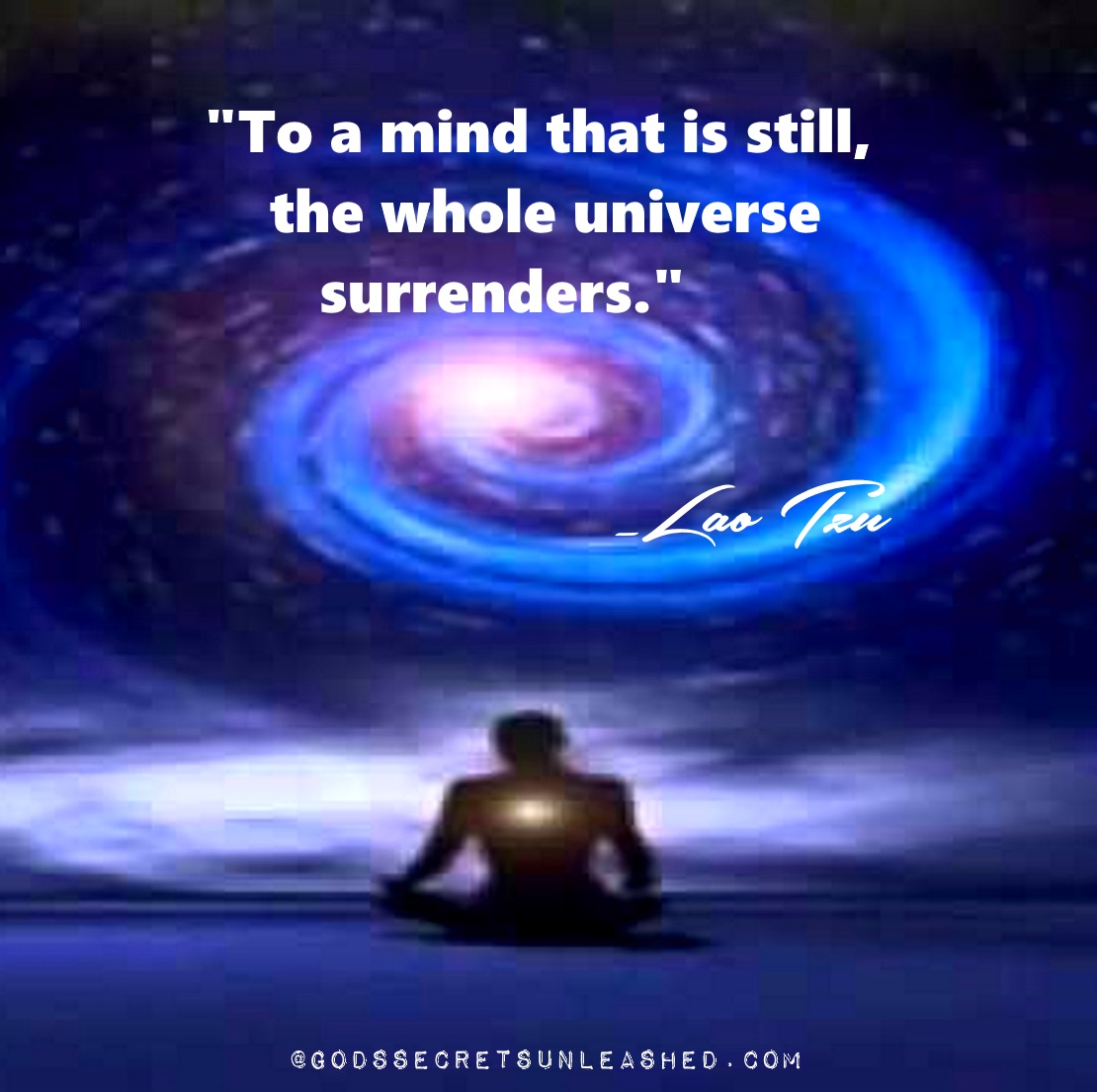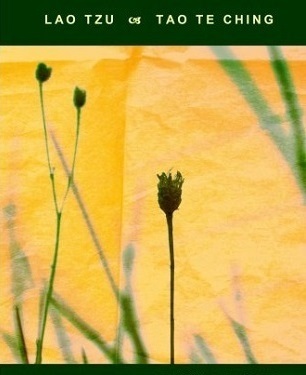#DailyTao .org
The Book of The Way, Day by Day
Tuesday, 7 March, 2023 | 78
#tao
Nothing in the world
is as soft and yielding as water.
Yet for dissolving the hard and inflexible,
nothing can surpass it.
The soft overcomes the hard;
the gentle overcomes the rigid.
Everyone knows this is true,
but few can put it into practice.
Therefore the Master remains
serene in the midst of sorrow.
Evil cannot enter his heart.
Because he has given up helping,
he is people's greatest help.
True words seem paradoxical.
#quote from #history
"Every being in the universe is an expression of the Tao. It springs into existence, unconscious, perfect, free, takes on a physical body, lets circumstances complete it. That is why every being spontaneously honors the Tao.
The Tao gives birth to all beings, nourishes them, maintains them, cares for them, comforts them, protects them, takes them back to itself, creating without possessing, acting without expecting, guiding without interfering. That is why love of the Tao is in the very nature of things."
~ Tao Te Ching, Chapter 51
( #LaoTzu, approx. 500 BC)






